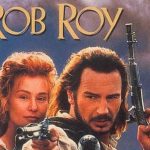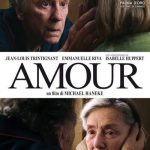“The Silence of the Lambs 1991”
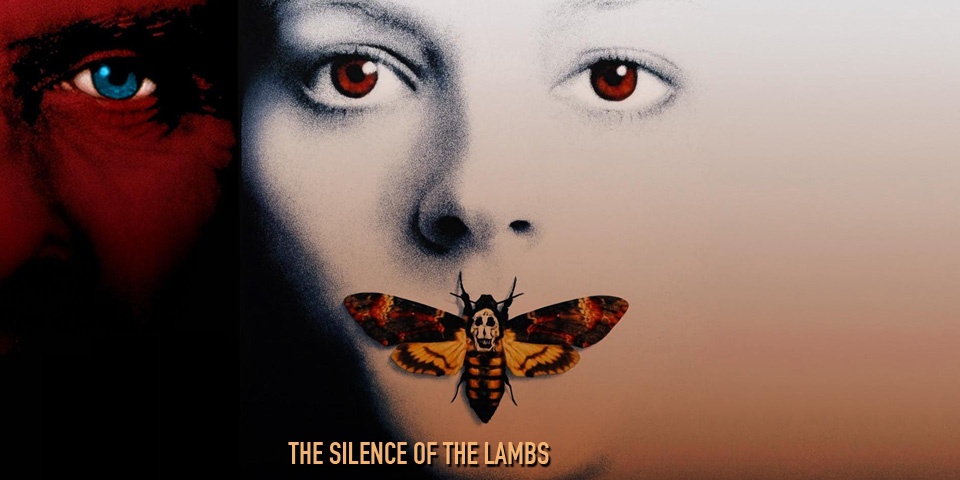
General Information
- Director: Jonathan Demme
- Main Cast: Jodie Foster (Clarice Starling), Anthony Hopkins (Dr. Hannibal Lecter), Ted Levine (Jame Gumb/Buffalo Bill), Scott Glenn (Jack Crawford)
- Genre: Thriller, Horror, Crime, Psychological
- Runtime: 118 minutes
Plot
The Silence of the Lambs follows Clarice Starling, an ambitious FBI trainee tasked with seeking insights from Dr. Hannibal Lecter, an incarcerated psychiatrist and cannibalistic serial killer, to capture another serial killer, “Buffalo Bill.” As she interviews Lecter, a twisted relationship unfolds between them, with Lecter providing cryptic clues and manipulating her vulnerabilities. The film explores the psychological toll and tension as Clarice races against time to understand Buffalo Bill’s mind and stop his killing spree.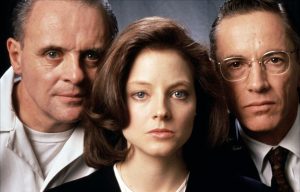
Highlights
- Anthony Hopkins as Dr. Hannibal Lecter
- Hopkins’ portrayal of Hannibal Lecter is legendary, marked by his calculated gaze, calm demeanor, and eerie charisma. Although he has limited screen time, Hopkins commands every moment, transforming Lecter into one of cinema’s most iconic and terrifying villains. His intense delivery of dialogue, especially in the interrogation scenes, evokes an unnerving presence that lingers long after the scenes end.
- Jodie Foster as Clarice Starling
- Foster’s performance as Clarice is powerful and vulnerable, portraying a young woman who must confront both internal and external challenges. Her nuanced acting conveys Clarice’s determination and strength as she navigates a male-dominated field and faces terrifying situations. Her scenes with Lecter reveal a deep vulnerability and resilience, making her a relatable and inspiring protagonist.
- The Psychological Duel Between Clarice and Lecter
- The core of the film lies in the psychological interplay between Lecter and Clarice. Their conversations are intense and layered, filled with subtle manipulation, empathy, and unspoken fears. Lecter’s probing questions and Clarice’s hesitant revelations build a relationship that is as thrilling as it is chilling, making these scenes some of the film’s most memorable moments.
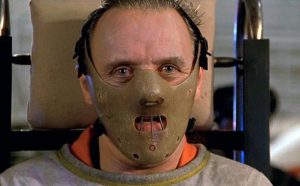
- The core of the film lies in the psychological interplay between Lecter and Clarice. Their conversations are intense and layered, filled with subtle manipulation, empathy, and unspoken fears. Lecter’s probing questions and Clarice’s hesitant revelations build a relationship that is as thrilling as it is chilling, making these scenes some of the film’s most memorable moments.
- Direction and Cinematography
- Jonathan Demme’s direction brings a sense of intimacy and tension through the use of close-up shots, often placing the audience in direct contact with characters’ expressions. The camera work draws viewers into Clarice’s perspective, emphasizing her discomfort, vulnerability, and resolve. The visual style intensifies the horror without relying on graphic imagery, making the psychological aspects even more haunting.
- Score and Atmosphere
- Howard Shore’s haunting score complements the dark tone of the film, using eerie and atmospheric music to build suspense and amplify emotional tension. The soundtrack helps shape a constant sense of unease, elevating the psychological horror without overwhelming the narrative.
- Themes and Symbolism
- The film explores themes of power, manipulation, and the complexity of human psychology. Through the character of Clarice, the story delves into the struggles of a woman in a male-dominated field, as well as themes of trauma, vulnerability, and personal demons. Hannibal Lecter’s character symbolizes pure intellect and malice, while Buffalo Bill represents twisted psychology, creating a multi-dimensional portrayal of evil.
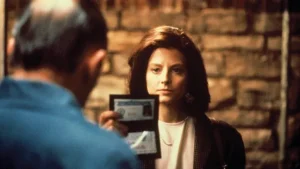
- The film explores themes of power, manipulation, and the complexity of human psychology. Through the character of Clarice, the story delves into the struggles of a woman in a male-dominated field, as well as themes of trauma, vulnerability, and personal demons. Hannibal Lecter’s character symbolizes pure intellect and malice, while Buffalo Bill represents twisted psychology, creating a multi-dimensional portrayal of evil.
Criticisms
- Depiction of Buffalo Bill: The portrayal of Buffalo Bill and the character’s motivations sparked controversy, with some viewers feeling that the film reinforced negative stereotypes around gender and identity.
- Disturbing Themes: The psychological horror and thematic depth may be unsettling for some viewers, as the film doesn’t shy away from exploring dark and disturbing subject matter.
Verdict
The Silence of the Lambs is a masterful psychological thriller that combines suspenseful storytelling with remarkable performances and profound character dynamics. With its unforgettable characters, iconic dialogues, and nuanced themes, it remains one of the most influential and well-crafted films in the genre, redefining psychological horror and setting a high standard for thrillers.
Rating: 10/10


